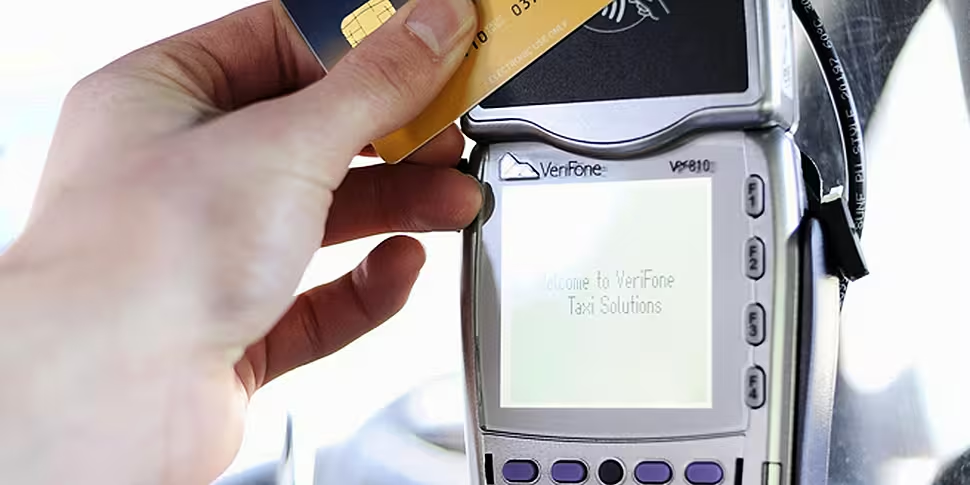Credit and debit card surcharges will no longer be applied to Irish consumers under a European Union directive, which comes into force from January 13th.
The new rules will it make it cheaper, easier and safer to make electronic payments.
The EU says the revised Payment Services Directive hopes to modernise payment services.
The new rules prohibit surcharging, which are additional charges for payments with consumer credit or debit cards, both in shops or online.
They will also open the EU payment market to companies offering payment services, and introduce strict security requirements for electronic payments.
The new rules also reduce customers liability for non-authorised payments, and introduce a "no questions asked" refund right for direct debits in euro.
However Dermot Jewell from the Consumers' Association of Ireland said while the ban is welcome, it may not have a tangible impact for ordinary people.
"This is very similar to the end of roaming charges - providers looked at the market and said 'OK, we've got to find a new way of putting on a charge.'
"This is likely what is going to happen in reality here: it'll become, as opposed to a direct charge, some form of a service fee.
"There may be some retailers who will absorb it - but in all reality it is likely that the consumer will continue - in some fashion - to pay".
Valdis Dombrovskis, European Commission vice-president responsible for financial services, said: "This legislation is another step towards a digital single market in the EU.
"It will promote the development of innovative online and mobile payments, which will benefit the economy and growth.
"We are banning surcharges for consumer debit and credit card payments. This could save more than €550m per year for EU consumers.
"Consumers will also be better protected when they make payments."









